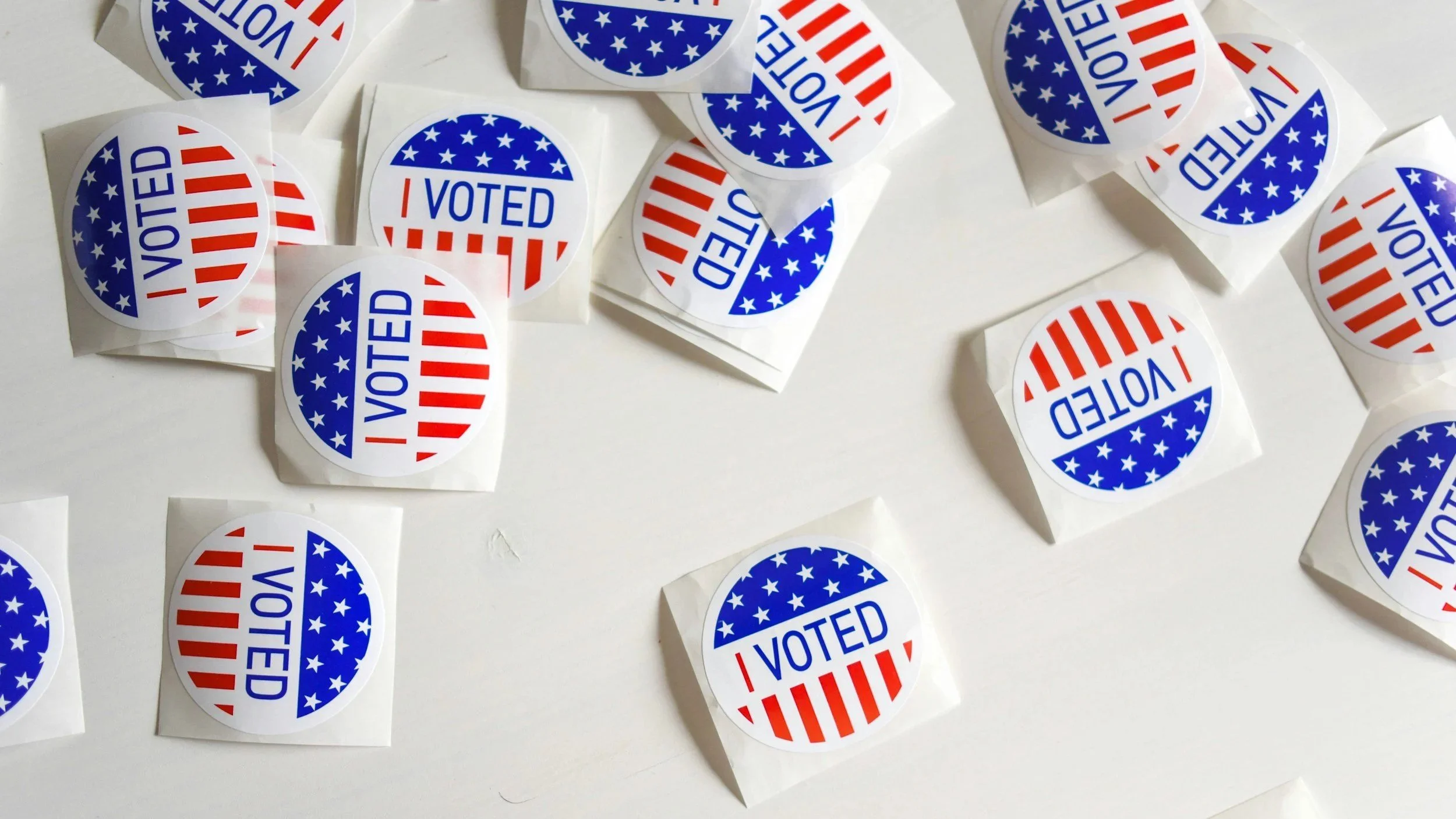The Vote
Special Election: Dec. 9, 2025
4-8 PM
If you are eligible to vote, please register to vote here: https://voter.svrs.nj.gov/register
If you’re not sure if you’re registered, check out: https://voter.svrs.nj.gov/registration-check
Special Election: N.J.S.A. 18A:22-40
Question #1: A one-time tax levy to cover the 2024-2025 debt (to repay the advanced NJ State loan of ~$12.6M).
Question #2: A tax raise to cover the 2025-2026 deficit (~$7M), reestablishing the new benchmark from which the annual 2% levy is raised.
It’s NOT an either/or question.
Here’s how all voting scenarios play out:
-
If the township votes no on both questions it has decided to pay off neither the debt nor the deficit.
The $12.6M state loan (which was already approved by vote) means we are borrowing against future state aid.
If question 1 is voted down, we are committing to repaying the loan over the next 10 years, which comes with a state monitor, and which means that $1.25M of our annual district budget would go toward loan repayment every year for the next 10 years. In addition, we would pay the salary of the state monitor for those 10 years.
Because we will not have serviced the deficit, all of the cuts that have been proposed for January will go into effect, with the possibility the state monitor will require even more stringent cuts in January. There will also be further cuts in September 2026 and beyond, overseen by the state.
-
If Montclair votes yes on Question #1, we will have voted to pay off the debt and so we will avoid long-term state oversight and retain control of the school system.
But in voting no on Question #2, the deficit for the 2025-2026 school year remains, with no additional funds for this school year or coming years. All of the cuts proposed for January will go into effect, with further changes likely coming in September 2026, overseen by the Montclair BOE.
-
This is the most difficult outcome to predict. If we vote no Question #1, we hold the $12.6 debt to the state, we owe $1.25M annual loan repayment, and Montclair remains under state oversight for the next 10 years. But because we have passed Question #2, which provides funds to manage this year’s deficit, we should theoretically have enough money on hand to avoid the proposed January cuts because the deficit has been serviced.
After that the picture becomes murkier: because Question #2 also includes a recurring, annual tax there will be more money on hand in future years, so future budgets may be better equipped to balance, and the severity of state monitor cuts may be less.
But there are a lot of unknowns in this scenario, including the particular priorities and personality of the state monitor assigned, the larger political climate and Gubernatorial race, and what should happen if the Montclair school system finds itself financially stressed at any point in the next 10 years—at which point the state monitor would have to enforce more stringent cuts.
-
We pay off our debt and deficit, avoid state control and the January cuts, and give ourselves time to make judicious, meaningful changes to our spending, pursue accountability of the correct parties and not our students, and establish safeguards to ensure oversight of the budget.
State history has shown that state control tends to cut aggressively based on state minimums rather than community needs.
State monitorship lasted 10-33 years in recent New Jersey examples, and the path back to local control was long and complex.
Lakewood Township (2014-Present, 10+ Years)
Still under state monitor despite a decade of oversight after borrowing $280 million from the state and repaying only $81 million. Four monitors have cost nearly $1 million, yet the district "continues to experience fiscal issues." State monitor admitted the situation is "unsustainable" and "loans will never ever get paid off." Nearly shut down in 2019 and continues facing annual crises.
Read more: NJ Education Report on Lakewood | Lakewood's ongoing budget crisis
Newark Public Schools (1995-2020, 25 Years)
State took over after finding "failure on a very large scale," crumbling buildings, nepotism, and most students failing tests. Under state control: hundreds of employees laid off, schools shut down, and charter schools massively expanded (now educating more than one third of students). Since returning to local control in 2020, graduation rates, test scores, and attendance have improved.
Read more: Newark's 5 years since state control ended | Newark returns to local control
Paterson Public Schools (1991-2021, 30 Years)
One of New Jersey's longest takeovers. Advocates made 280 trips to Trenton over 30 years fighting for local control. Key lesson: no exit plan existed when the takeover began, and it took decades for the state to develop transition processes.
Read more: Paterson's end to 30-year takeover | Paterson gains local control
Jersey City Public Schools (1989-2022, 33 Years)
After 33 years, regained full control in 2022 with "high-performing" certification. The transition itself took 4+ years from official end (2018) to final restoration (2022).
Read more: Jersey City regains control after 33 years




